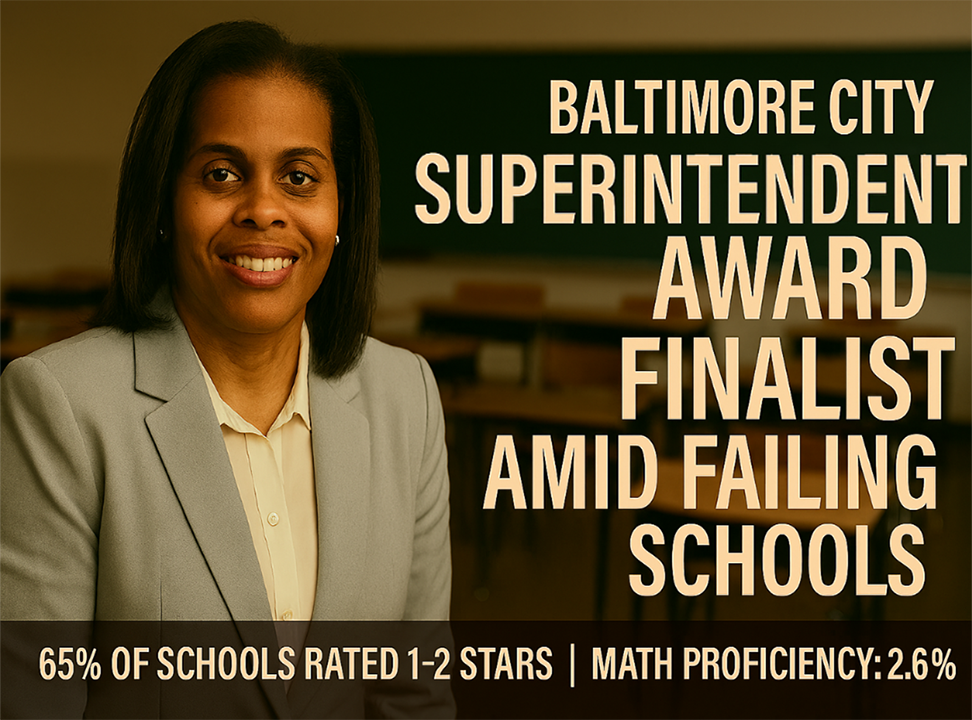
States Are Calling for More Computer Science Classes. Now They Need the Teachers
When trying to ensure all students get access to the knowledge they need for college and careers, sometimes policy can get ahead of teacher capacity. Computer science is a case in point.
As of 2022, every state in the nation has passed at least one law or policy intended to promote K-12 computer science education, and 53 percent of high schools offered basic computer science courses that year, according to the nonprofit advocacy group Code.org.
“There’s big money behind making [course offerings] go up higher and faster,” thanks to federal and state grants as well as private foundations, said Paul Bruno, an assistant professor of education policy, organization, and leadership at the University of Illinois Urbana-Champaign. “But then that raises the question, well, who are we getting to teach these courses?”
Bruno spoke at a symposium on school staffing at a meeting of the Society for Research in Educational Effectiveness last week, where he was presenting his own research on national staffing issues overall as well as teacher certification issues in states with rapid enrollment growth in computer science classes.
Training for computer science education differs widely from state to state. As of 2020, 19 states had an independent certification program, 42 allowed teachers to add computer science to an existing license, and 24 states had alternative pathways to approve teachers in the subject.
But Bruno’s work in states such as California and North Carolina suggests that few of those new computer science classes are staffed with teachers who are certified in that subject.
In North Carolina, for example, Bruno and his colleagues found only 1 percent of computer science teachers have specifically certified in computer science. The vast majority were business or math teachers.
“We need to think more strategically about the teacher supply,” Bruno said. “I think we need to be thinking more about individual teaching positions” rather than more general teacher recruitment.
For example, after a 2014 survey found Texas had only 25 teachers statewide who had graduated from a computer science pre-service program, the University of Texas-Austin launched WeTeachCS, a network of than 600 existing teachers in the Lone Star state who participated in virtual and on-the-job professional development to help them qualify for the state’s computer science certification exam. The state also helped fund the Certification Incentive Program, which provides a $1,000 stipend to any Texas teacher who earns a computer science teaching certification.
A recent meta-analysis in the journal Computer Education also suggests computer science teachers who come to the classroom from different fields can benefit from participating in professional learning communities that have a platform for matching new teachers with mentors, sharing lesson materials, and collaborating.
Dig Deeper With Our Longreads
Newsletter Sign up to get our best longform features, investigations, and thought-provoking essays, in your inbox every Sunday.
The MEN was founded by John Huber in the fall of 2020. It was founded to provide a platform for expert opinion and commentary on current issues that directly or indirectly affect education. All opinions are valued and accepted providing they are expressed in a professional manner. The Maryland Education Network consists of Blogs, Videos, and other interaction among the K-12 community.









